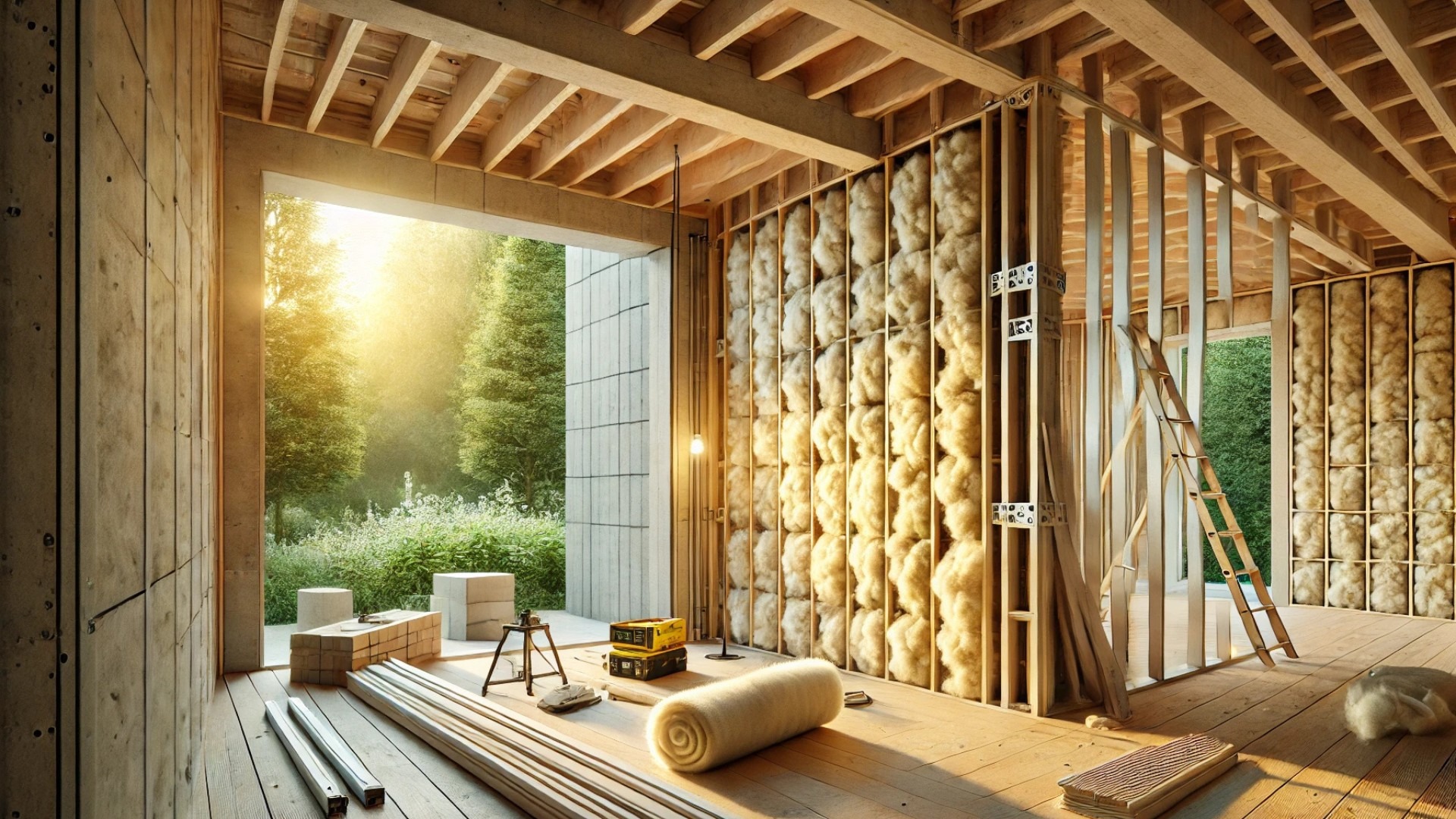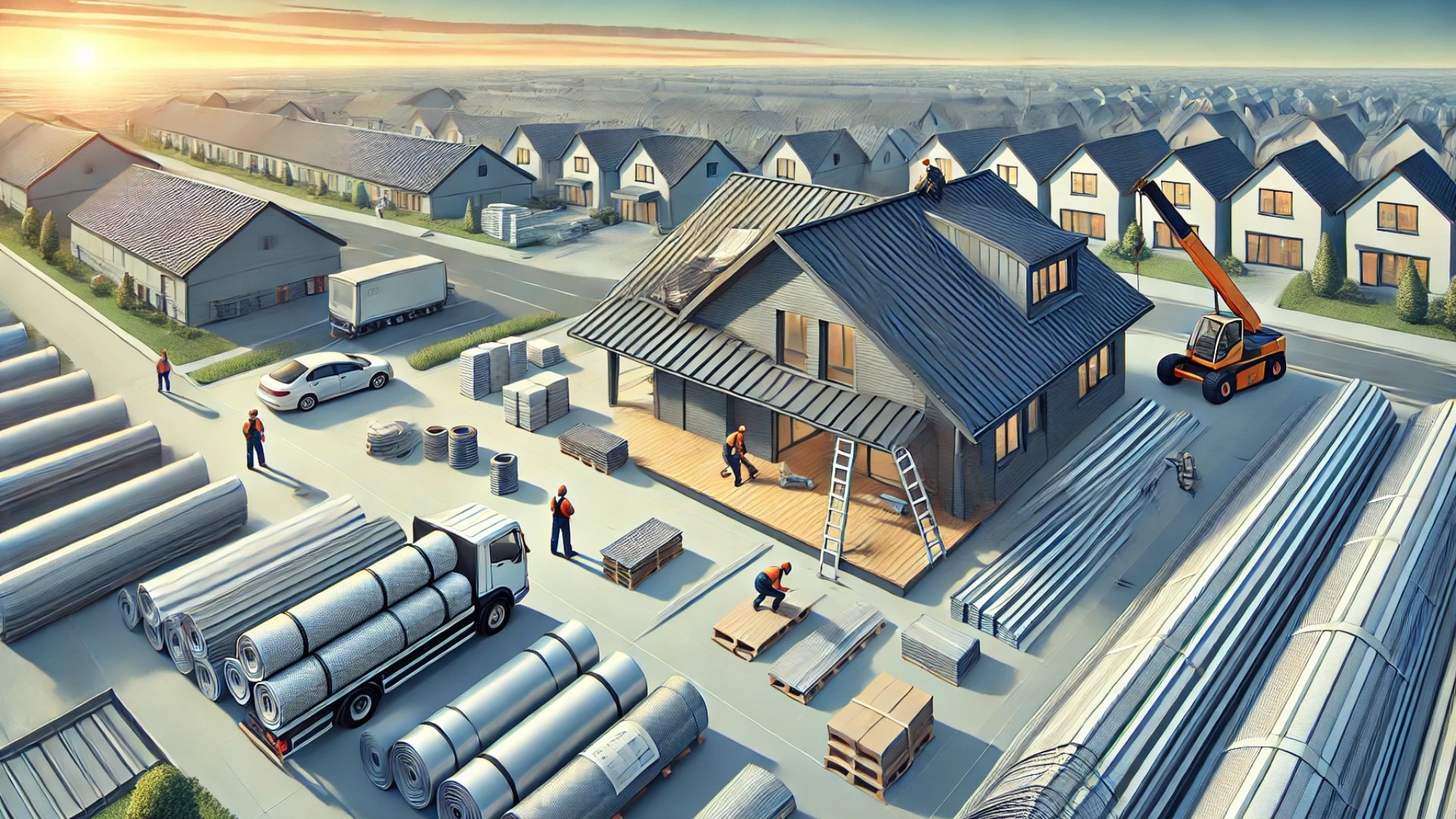
Understanding Wool Insulation: A Sustainable Choice
As the construction industry pivots towards sustainability, wool insulation stands out as a revolutionary alternative to synthetic materials. Made from natural fibers, wool insulation not only offers superior thermal performance but also exudes an eco-friendly aura that resonates with environmentally conscious builders and homeowners. Unlike traditional insulation materials, wool is biodegradable and renewable, aligning with growing consumer demand for sustainable building solutions.
The Benefits of Wool Insulation
Wool insulation is celebrated for its excellent thermal regulation properties, moisture control, and sound absorption. These attributes not only enhance the comfort of living spaces but also contribute to improved energy efficiency, leading to long-term cost savings on utility bills. Additionally, wool is naturally fire-resistant and self-extinguishing, reducing potential hazards in residential and commercial buildings.
Market Trends: The Shift Towards Natural Materials
In recent years, there has been a marked increase in the adoption of natural insulation materials as sustainable building materials gain traction. According to a report by the U.S. Green Building Council, the eco-friendly building materials market is expected to grow substantially in the coming years. Wool insulation exemplifies this trend by providing a high-performance, low-impact option that appeals to architects and engineers focused on sustainability.
Wool vs. Traditional Insulation: A Comparative Insight
While fiberglass and foam insulation have been conventional choices, they come with significant environmental drawbacks, including the release of volatile organic compounds (VOCs) and challenges in disposal. In contrast, wool insulation comes without these concerns. Its life cycle analysis shows that it has a lower carbon footprint, underscoring the long-term benefits of opting for wool.
Future Outlook: Growing Demand for Eco-Friendly Solutions
Looking ahead, the demand for wool insulation and other natural building materials will continue to rise as public awareness of environmental issues increases. Homeowners seeking to upgrade their properties will find wool insulation an attractive choice, not only for its sustainability but also for its potential to enhance property value. As building codes evolve to prioritize eco-friendly construction, wool insulation will likely become a standard option in new builds and renovations.
Call to Action: Embrace the Future of Insulation Today!
With the construction industry's shift towards sustainability, choosing eco-friendly insulation like wool presents a clear opportunity for enhancing property value and achieving greater energy efficiency. Whether you are renovating an existing structure or planning new construction, considering wool insulation can deliver immediate and long-term benefits. Don't miss out on the chance to be at the forefront of the building revolution!
 Add Row
Add Row  Add
Add 

 Add Row
Add Row  Add Element
Add Element 




Write A Comment